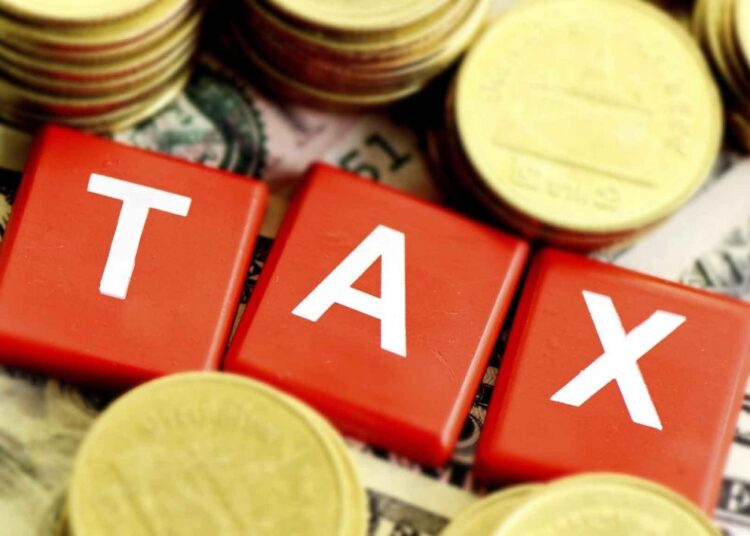Kano, Aug. 1, 2023: The Civil Society Legislative Advocacy Center,(CISLAC ) has urged the Federal Government to as a matter of urgency, effectively implement a Tobacco Tax regime in Nigeria.
The Executive Director of the center, Auwal Musa-Rafsanjani, made the call at a media round table on Tuesday in Kano.
Represented by the Senior Programme Officer of the center, Mr Solomon Adoga, Musa-Rafsanjani called on President Bola Tinubu to fulfill his campaign promises by putting the machinery running to effectively implement tobacco tax regime in Nigeria.
“It must be noted that Nigeria remains one of the leading tobacco markets in Africa, with its young and growing population a constant attraction to the tobacco industry.
“Government must move to protect its young people and children by ensuring it does not succumb to the interference tactics of the tobacco industry that only aims to undermine effective tobacco control in the country,” he explained.
He said that CISLAC was impressed that President Tinubu specifically promised to increase health care funding and categorically identifying consumption tax on harmful products.
“In a time where government is forced to take hard economic decisions that have brought unprecedented level of hardship to citizens across economic status, there cannot be a better time for government to move to ensure the lives of Nigerians are better protected from harmful products,” he added.
According to him, amidst the poor state of health care in the country, the prevalence of consumption of harmful products such as tobacco continues to further stretch the already overwhelmed facilities in the country and calls for more concerted efforts on the part of government to control the use of such products.
He said that the effort would not only promote the health of individuals but would also reduce the burden of the cost of health care on both government and households.
Rafsanjani further said that the Nigerian Development Update report, the World Bank noted that Nigeria could generate more than N600 billion annually by increasing excise duties on tobacco and alcohol.













